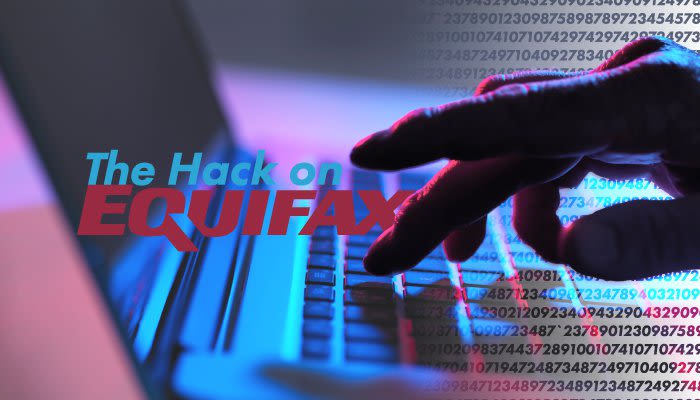
THE EQUIFAX BREACH IS WORSE THAN IMAGINED
A massive data breach at Equifax has compromised up to 143 million people's personal information. But this was not one of those data breaches that everyone is accustomed to hearing about – like the ones at Target, Dairy Queen, Yahoo or Home Depot. This one is so much worse.
For starters, let’s talk about what “data” was compromised. Here is what might have been stolen:
· Your name
· Your address
· Your phone number
· Your social security number
· Your credit card number
Now some might suggest that having your credit card number stolen is more of an inconvenience and not a huge risk – mostly because credit card companies offer a degree of protection.
But having your name, address, phone number, and social security number stolen is a huge breach – because that information is still valuable to thieves years from now – not just today.
Another reason this breach could be worse than any others is because of how many people are impacted. At 143 million, that means that almost 1 in 2 people are affected. Look at it this way: if you’re married and have 4 kids, it’s very likely that 3 of you are impacted – maybe all of you. Yikes!
WHAT DOES EQUIFAX RECOMMEND YOU DO?
Equifax recommends you sign up for their offer of free protection. They have even set up a website so you can see if your data was compromised.
But before I tell you what they recommend, I must say that it just sounds like a bad idea all around.
Equifax suggests you go to www.equifaxsecurity2017.com and click on the “Check Potential Impact” tab where you then submit your last name and last six digits of your Social Security number. Then they will tell you if your data was compromised.
Here are my issues with this recommendation: last six digits of your social security number entered online? To a firm that might have let my data be stolen in the first place?
And it’s free for a year, but what about next year (when I’m likely to forget to opt out)?
Oh and one more thing: unless I notify Equifax in writing within 30 days, I’m giving up my right to sue.
I don’t like what Equifax is recommending.
WHAT SHOULD YOU DO?
You can do a lot to protect yourself and your data online. Things to protect your identity:
Review your bank and credit card statements periodically. People often discover identity theft long after the crime took place. The quicker the investigation starts, the likelier you are to minimize your losses. If you become a victim of identity theft, call your bank and credit card companies immediately.
Consider placing fraud alerts on your credit reports. Essentially this means that a lender must contact you to verify your identity before issuing credit in your name. You can place an alert on your report for free by contacting one of the credit agencies – TransUnion and Experian are the other two. And when you place fraud alerts on your credit report with a credit agency, they are required to notify the other two. Plus, you should know that it only lasts for 90 days but can be renewed.
Check your credit report for suspicious activity. The Fair Credit Reporting Act guarantees you access to your credit report every 12 months via a website called AnnualCreditReport.com.
Consider freezing your credit. A more drastic measure for sure, but a freeze will take your credit report out of circulation. So if someone attempts to take a loan out in your name, the lender will not be able to pull your credit report and therefore cannot extend credit. And if you need to take out a loan, you can contact the agency to temporarily lift the freeze. Drastic? Maybe. But the breach could impact up to 143 million people.
Call me to discuss your options.
